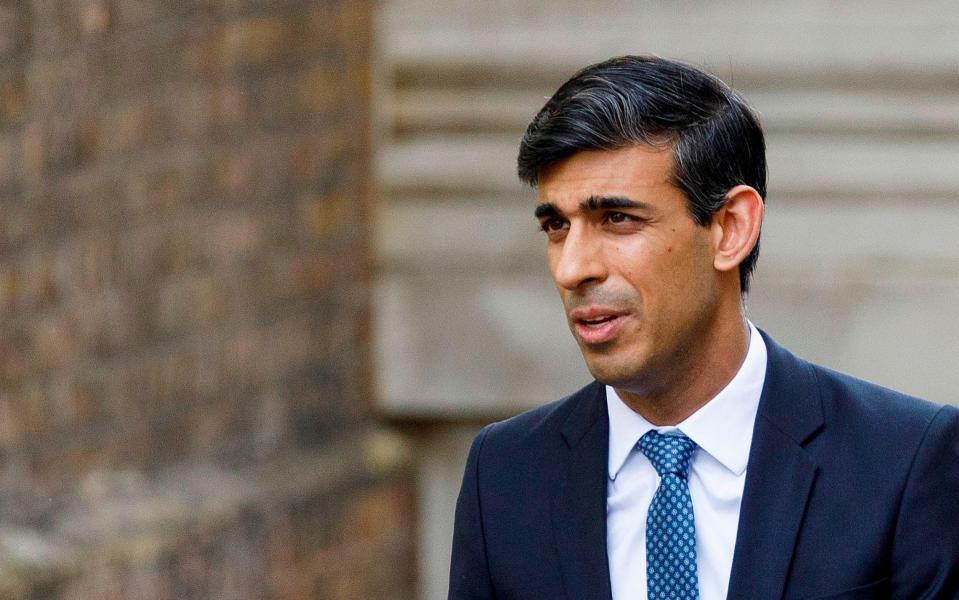Covid crisis to send government spending over £1 trillion for first time

Public spending is set to rocket past £1 trillion for the first time this year as ministers pour taxpayer money into tackling the health and economic crises sparked by Covid-19.
Economists expect the historic milestone to be passed due to a massive splurge to prevent a depression, with unprecedented support for jobs and businesses. Their prediction will be seized on by hawks in the Treasury who have called for brutal tax rises and spending cuts to balance the books.
The cost of bailouts for furloughed employees and the self-employed could together exceed £100bn after Chancellor Rishi Sunak extended both schemes last Friday - with more costs on top if a business loan guarantee programme is taken into account.
Mr Sunak had already pencilled in £928bn of public spending for the current fiscal year in his March Budget, before he embarked on a new spree as the virus crushed economic activity.
The fiscal blitz is expected to send Government borrowing surging to £300bn, or 15pc of GDP - its highest level since the Second World War - according to estimates by the Office for Budget Responsibility that were based on a three-month lockdown.

Cara Pacitti, an economist at the Resolution Foundation, said: “The unprecedented fall in economic activity, combined with the Government’s bold and necessary measures to support firms and workers through the crisis, are inevitably taking their toll on the public finances. The Government borrowed more over the last month than it during the whole of last year."
The UK should learn the lesson of the Eurozone’s sluggish recovery in the past decade and wait for the economy to recover before attempting to balance the books, Ms Pacitti said.
Record low interest rates mean that the cost of servicing the public debt is lower than in previous crises and could allow the Government to focus on economic recovery rather than paying off what has been borrowed.
Isabel Stockton, an economist at the Institute for Fiscal Studies, said that while the nominal figure of £1 trillion in expenditure has no economic significance, it could signal a shift towards higher spending.
She said the Government will eventually need to generate more tax revenue if it opts to continue spending more on services such as the NHS, social care, stockpiling personal protective equipment or providing more generous jobless benefits.
Matt Kilcoyne, deputy director of the right-wing Adam Smith Institute think tank, said: “£1 trillion is a huge, historic figure.”
He said increased borrowing to tackle Covid-19 is sensible but cannot be repeated every year.
Mr Kilcoyne said: “As we leave lockdown and get the virus under control, we must also get spending and borrowing under control. A state of this size permanently would crowd out private sector activity and mean much lower living standards."

